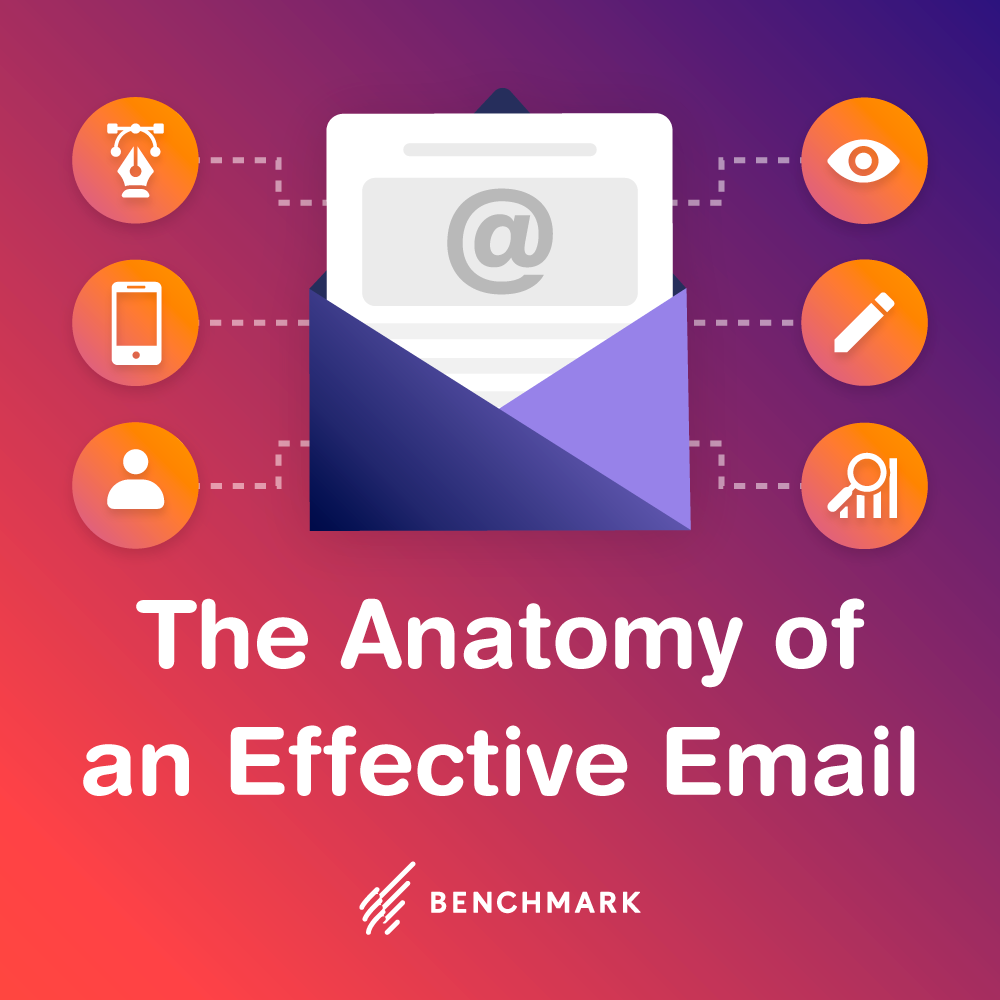

According to the Christmas 2011 Retail Experience Study, a research initiative conducted by European software maker Eptica, 46% of 1,000 consumers in the UK plan to do their holiday shopping at the last minute, even though more than half do not believe online retailers will deliver their items in a timely fashion. The same study showed that only 33% anticipate that their holiday orders will arrive on time. 40% said while they do not believe online companies will deliver on time, they were still willing to take the gamble.
While it is interesting to see that some UK consumers will shop online no matter when their items arrive, there is other research that bears some potentially disturbing news for e-tailers. According to a study conducted by Econsultancy and UK research firm Toluna, 28% of consumers said they would not shop with an online retailer again if their items did not arrive on time.
Many of the respondents surveyed in these studies clearly lost faith in e-tailers, and past experiences appear to be the factor that drove them to their conclusions. Aside from highlighting the importance of prompt delivery, the numbers also stress the importance of trust in the relationship between the marketer and consumer. Fortunately, getting the consumer to trust you is fairly easy when you know what steps to take.
Be Honest and Ethical
There are several things an e-tailer can do to cause customers to lose faith in their business. A classic example would be trying to mislead or flat out deceive them. You don’t want either of these words associated with your brand, so you obviously want to remain honest and ethical in your approach. This can be done through actions such as permission-based email marketing, and making sure business practices in general are fair to the consumer. On the issue of holiday delivery, if you cannot get items to your customers in time, be honest and let them know instead of getting their hopes up for the sake of a quick sale. It may mean the difference between a single sale now and multiple sales in the coming year.
Keep Your Message Crystal Clear
When it comes to gaining the trust of your audience, a little transparency can go a long way. In simple terms, you want to ensure that your message is clear and straightforward. Don’t hide behind corporate policies. Whether it is terms and conditions, rebates or product warranties, the information you provide should not only be easy to find, but easy for the consumer to digest. If your message lacks clarity, it could be your credibility that looks questionable in the eyes of your audience members.
Control Their Expectations
When it comes down to it, getting the consumer to trust you is all about being able to mold and manage their expectations. It sounds tricky, but it’s really as simple as meeting commitments and living up to your word. And since there may be no pleasing everyone all the time, be honest with yourself by only making the commitments you can really keep. The last thing you want to do is start ruining that trust by failing to live up to expectations. Once you do, regaining it can be a long, grueling road.
Building trust is not only crucial for capitalizing on holiday shopping opportunities, but for enjoying long-term success as a business. E-tailers haven’t made it easy by providing less than stellar customer service, so you may have your work cut out for you. The good thing is that you can get there over time by having a plan, and sticking to it.
While you’re putting together your ad campaigns for this holiday season, download Benchmark Email’s free Online Marketing Manual for the Holidays. It’s full of great tips and includes a section on the wide variety of cultural and religious celebrations during this time of year.




